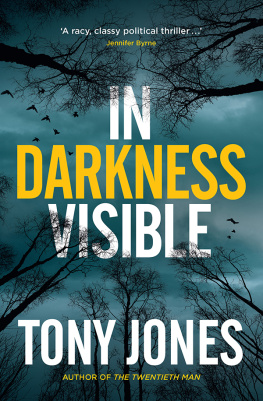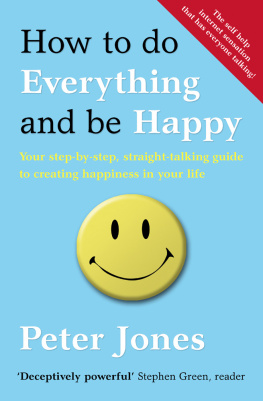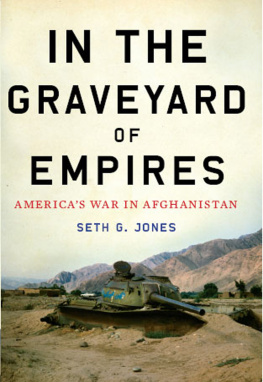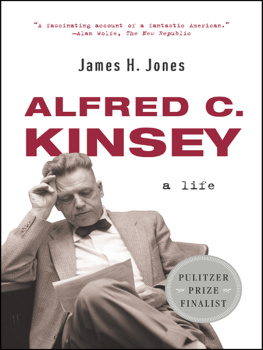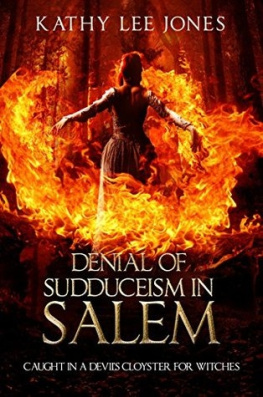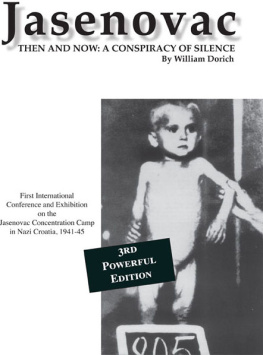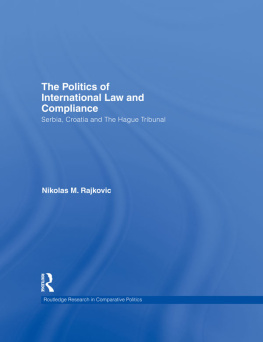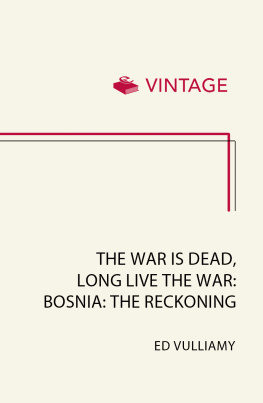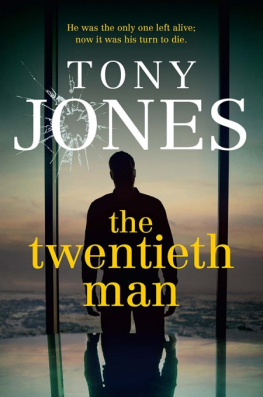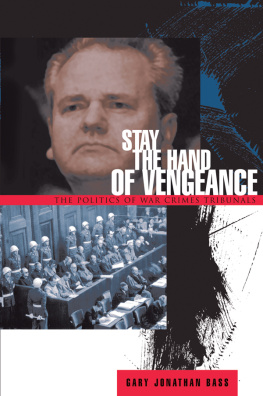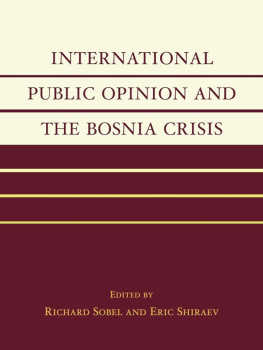PRAISE FOR THE TWENTIETH MAN
Jones debut novel uses his experience as a journalist to reprise a series of events in the early 1970s the action of the novel is deftly strung together [and] the research is palpable on the page.
The Australian
The Twentieth Man is a political thriller in the Robert Harris mould Jones cleverly weaves fact and fictionand has great fun painting real characters like the wilful Lionel Murphy.
Jennifer Byrne, The Australian Womens Weekly
An engaging political thriller Anna [Rosens] key role serves to remind us of the importance of investigative journalism in a democracy.
Spectrum, The Sydney Morning Herald
Mixing bombs in Melbourne, Balkan politics and a slice of seventies sexism.
The Guardian
Alongside the hefty doses of political and bureaucratic intrigue, there [are] romantic complications, family tensions and a nearly pitch perfect feel of time and place Extremely readable, fascinating and very cleverly done, The Twentieth Man is unfortunately a bit of a rarity in Australian fictionan historical political thriller covering our recent past.
AustCrimeFiction.org
The Twentieth Man is an incredibly assured debut novel and Jones has delivered a pacey and original historical thriller. While historical detectives seem to be everywhere, historical political thrillers are not a genre we have seen much of in Australia. And this one shines a light on a fascinating period of Australian history, contemporaneous with Watergate, in an engaging and interesting way.
PS News
This is a work of fiction. Names, characters, places and incidents are products of the authors imagination or are used fictitiously.
First published in 2019
Copyright Tony Jones 2019
All rights reserved. No part of this book may be reproduced or transmitted in any form or by any means, electronic or mechanical, including photocopying, recording or by any information storage and retrieval system, without prior permission in writing from the publisher. The Australian Copyright Act 1968 (the Act) allows a maximum of one chapter or 10 per cent of this book, whichever is the greater, to be photocopied by any educational institution for its educational purposes provided that the educational institution (or body that administers it) has given a remuneration notice to the Copyright Agency (Australia) under the Act.
Allen & Unwin
83 Alexander Street
Crows Nest NSW 2065
Australia
Phone: (61 2) 8425 0100
Email:
Web: www.allenandunwin.com

ISBN 978 1 76029 501 1
eISBN 978 1 76087 273 1
Set by Midland Typesetters, Australia
Cover design: Luke Causby/Blue Cork
Cover images: Melanie Hobson/Adobe Stock
For my three sons
Now conscience wakes despair that slumbered; wakes the bitter memory of what he was, what is and what must be
John Milton, Paradise Lost
CONTENTS
AUGUST 2005
TRAILED BY A LONG shadowhis spindly, striving familiarMarin Katich walked across the gleaming limestone towards the boat harbour. A woman sitting at an outdoor caf glanced up as he passed, shading her eyes against the balled sun, so low now that the yellow umbrella above her had become redundant.
Marin was moving fast and she saw he was carrying some kind of long pole. He didnt stop when he reached the waters edge but leapt straight across a wide gap onto the bow of a moored speedboat. He was a big man, yet he kept his balance easily as the boat dipped beneath him. He took three quick steps around the narrow gunwale, jumped into the cockpit and swung the pole out over the stern. She noticed there was a hook on the end of it with which he grappled the bowline of the nearest boat, dragging it close enough to step aboard. He scampered across the second boat from bow to stern, and hooked up the next nearest one.
The woman grabbed her mobile and keyed in a number, watching as he repeated the odd sequence, bounding from boat to boat in an unconscious display of agility.
He is coming, she whispered, then swapped the phone for a Campari spritz. She drank a little, dabbed her plum-coloured lips with a napkin, popped a piece of nicotine gum into her mouth and chewed on it thoughtfully.
Marins destination was a wooden-hulled vessel at the back of the tethered fleet. He climbed across the varnished mahogany deck and unclipped the boats vinyl cover, raising one edge to let the pooled rainwater run off. He folded the cover, stowed it away and stripped off his T-shirt, folding and stowing that too before crawling onto the bow to mop the damp deck.
The woman watched the boatmans ritual from a distance. His fastidiousness would otherwise have bored her, but she was transfixed by the disfiguring striations that furrowed his belly and chest. She took a series of shots with a telephoto lens, focusing on the telltale wounds. Then, to remain in character as an inquisitive tourist, she turned the camera up to the church of St Euphemia, whose spire rose high above the medieval houses that packed the steep hillside above the harbour. Through the scope she saw the statue of the martyred Euphemia atop the spireor rather it was the idealised image of her, made whole again in the kingdom of heaven after she was torn apart in the arena by a bear. Now St Euphemia revolved gently on a spindle, the highest point in the town, a holy weathervane for fishermen and sailors to judge the wind.
Marin never once glanced up at the luckless saint. He finished his preparations, drew his T-shirt back over his broad, ravaged torso and straightened his sunglasses. The engines roared reassuringly at the touch of the starter and he gunned the boat fast into a long arc to pick up his passengers at the end of the breakwater known as Veliki Mol.
As he tied up at the jetty, Marin picked out the two Englishmen waiting for him. They were tanned and fit and wore matching shorts and sunglasses. His immediate thought was that they were homosexuals, but that didnt bother him. He had fought alongside such men and they had proven to be as tough as any under his command.
Mr Maric? the taller one asked.
Tomo, said Marin, reaching out to shake his hand.
Im Greg, this is Derek.
Climb aboard.
The men dropped nimbly into the cockpit behind him. Marin turned to them as they settled into their seats.
If you want a swim now, to cool down, we can go first to the town beach. Its very close, just beyond the breakwater.
Derek nodded. Lets do
Greg interrupted. Will we still have time to get to the islands?
No worries, said Marin. Theyre ten minutes away. Well go around Katarina. He gestured to the cypress-covered island just offshore that was framed by the outer points of the harbour. A small wooden ferry was plying its way towards it. Then we go south a ways to Zlatni. There are many islands in the national park. Good places for swimming and snorkelling and to watch the sunset.
Your English is very good, Tomo, said Greg. Is that an Australian accent?
Marin paused, scrutinising the man from behind his dark glasses. Then he turned to start the engine.
You want to swim now or wait?
Lets have a look at this town beach, shall we? said Derek.
Marin tied on to a buoy, fished out masks and snorkels for his passengers, and watched them dive in and stroke powerfully towards the town beach. In truth, it was not so much a beach as a natural inlet set against the backdrop of a great limestone wall, part of the fortifications built centuries ago by the Venetians, who colonised the port and called it Rovigno. Their engineers were men who understood how to make an organic connection between sea and land.

